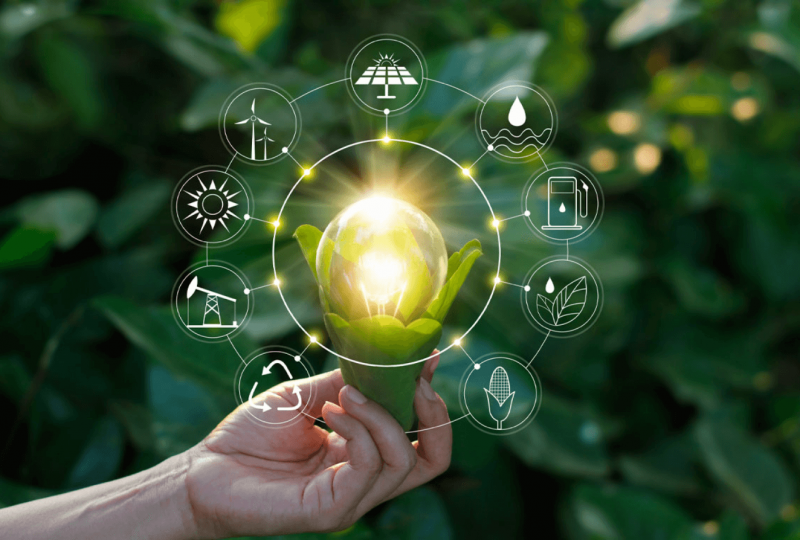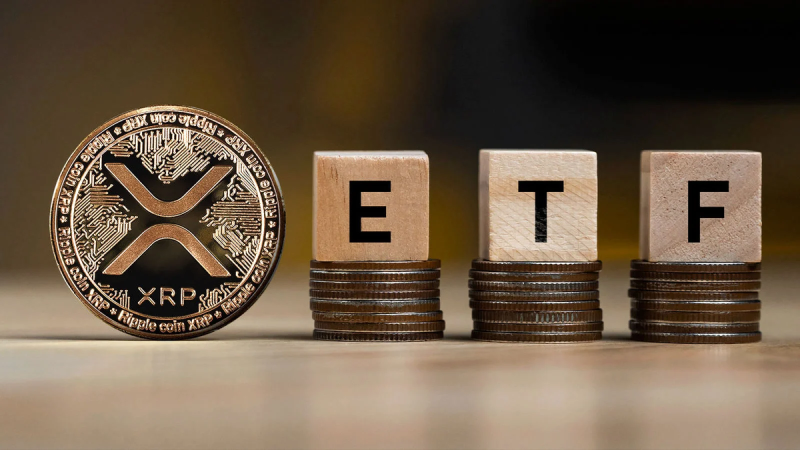Insider News: Samsung Elec To Join Renewables Pledge As S.Korea Shifts Gears On Green Energy
Apr 27, 2022

According to a person familiar with the subject, Samsung Electronics plans to join a group of global firms pledging to 100% renewable energy within the next month. PArtners like Apple Inc are putting pressure on Samsung to act quickly.
Samsung, the world's largest chipmaker, appears to be late to the green energy initiative. SK Hynix joined the RE100 initiative two years ago with the goal of supplying 100% renewable power on a worldwide scale by 2050. Global counterparts such as Apple, TSMC, and Intel have all pledged their support for the program.
The cautious company's announcement, which is expected as early as May 10 with the inauguration of South Korea's new president, comes at a time when the country's energy policy is set to shift away from the previous administration's aggressive pursuit of renewables and toward a more nuclear-friendly position.
According to a person familiar with the situation, it will be a choice that impacts the whole firm, including affiliates such as Samsung Display.
According to the source, RE100 will be incorporated into the climate targets soon after the new administration takes office. Because of the delicate nature of the matter, the source requested anonymity.
"A company source informed me that discussions regarding renewable energy regulations had taken place with the new President's transition committee."
The CDP, a non-profit environmental organization that gathers corporations interested in joining RE100, only stated that an announcement would be made this year. Requests for a response from Samsung officials were not returned.
According to Kim Tae-han, a senior researcher at the CDP Korean committee, Samsung Electronics has notified its international investors that it will join and disclose RE100 before the end of the year.
Yoon Suk-yeol's choice for environment minister is Han Hwa-jin, a climate specialist and outside director at Samsung.
Han's hiring is anticipated to have a significant impact on the timing of Samsung's announcement of its involvement in the RE100 program.
According to Lee Jong-oh, director of the Korea Sustainability Investing Forum, the presentation, and acceptance of Samsung's statement require the participation of all outside directors.
Risk of Inaction
In terms of climate change, Samsung has long recognized the potential cost of inactivity, estimating that up to 25.8 trillion won ($20.6 billion), or 20%, of its business-to-business sales, such as microchips, might be lost if it does not transition to renewable energy.
"To accomplish their aims, our clients require that we create our products using 100% renewable energy," the firm noted in a statement placed on CDP's website in 2021. "If these requests are not addressed, we may see a drop in sales."
Samsung's climate-related efforts impact more than only its B2B clients, such as Apple, or its Galaxy smartphone users.
During its annual shareholders' meeting last month, BlackRock, Samsung's fourth-largest institutional stakeholder, warned that customers had limited access to the company's green policies. Furthermore, the board was chastised for being too sluggish to act on climate change problems.
Samsung Electronics' semiconductor production plants in China and the United States have already been powered entirely by renewable energy since 2019. However, this accounted for just 10.7% of the company's total energy usage in 2020.
In 2020, its chip plants in South Korea accounted for 63.5% of its global power use. The company's earnings in 2021 were $51.6 billion, although that profit was virtually completely generated by non-renewable energy sources.
Samsung is constructing a new semiconductor facility in Pyeongtaek, South Korea. The business intends to build three additional plants there. According to an opposition politician, if completed, they would consume 21.6 TWh per year, which would exceed the total power usage of Busan, South Korea's second-largest city with 3.3 million inhabitants. Samsung did not dispute the amount.
As a result, the profitability of Samsung is at stake in South Korea's energy policy.
Ecological groups believe that stronger shifts toward renewable energy are required to achieve economies of scale, but Sonn Yang-hoon, an economics professor at Incheon National University, believes Yoon's pro-nuclear stance will stabilize electricity prices and allow Samsung to achieve profitability as it transitions to renewable energy.
"Until technological advancements enable renewable energy to become more affordable," Sonn explained, "nuclear energy can buy time." "Samsung will wait till renewable energy prices fall before installing RE100 and ramping it up to full capacity."
According to the Korea Energy Economics Institute, the cost of solar and wind power will be reduced by approximately 55% and 44% by 2030, respectively, from their current levels.
Yoon, South Korea's new president, who won the March 9 election by the smallest margin in the country's history, plans to increase the proportion of renewable energy to 20-25% and nuclear power to 30%-35% by 2030, compared to his predecessor's target of 70% renewable energy and only 6% nuclear power by 2050.
According to data from the Electric Power Statistics Information System, nuclear power provided 29% of the electric power generated in 2020, while renewable energy supplied 6.6%.




